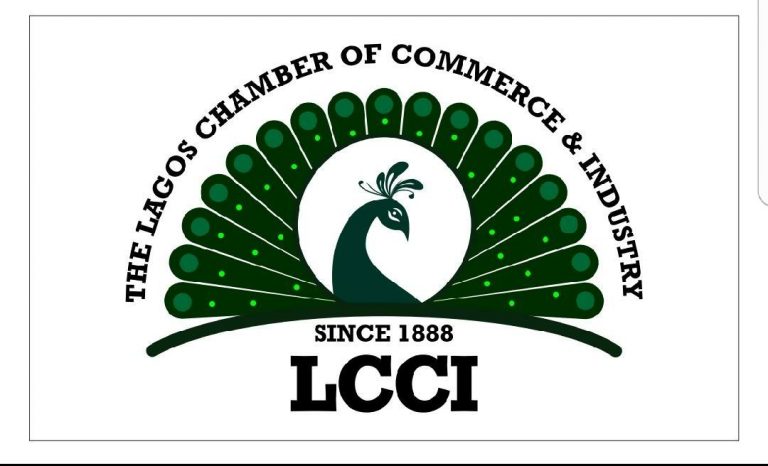The Lagos Chamber of Commerce and Industry (LCCI) has picked holes in the 2025-2027 medium-term expenditure framework released by the federal government, saying while the N47.9 trillion proposed as the 2025 budget is sensitive to the current macroeconomic conditions, the parameters are not realistic.
Director-General of LCCI, Dr Chinyere Almona, in a statement yesterday following the release of the MTEF and the 2025 budget proposal, noted that the N47.9 trillion proposed for 2025 represents an increase of 36.64% in government expenditure compared to N35.06 trillion in 2024.
The chamber pointed out that the exchange rate proposition of N1,400 against one dollar is “too fragile” going by the current exchange rate which is over N1,600.
Daily Trust reports that the dollar closed at N1,690 yesterday on the Nigerian Autonomous Foreign Exchange Market (NAFEM), the official exchange rate after closing at N1,666 at the close of work last Friday.
- Niger Delta Youths Slam Obasanjo Over Call for INEC Chairman’s Removal
- Overturn MC Oluomo’s inauguration as NURTW boss, Falana tells FG
The LCCI DG said, “A review of the key parameters and assumptions on which the 2025 budget is being proposed appears to be too optimistic in the face of current realities as recorded in the economic and social indicators.
“The assumption of an exchange rate at N1,400 is too fragile to work with against the current average of above N1600 to a dollar in both the official and parallel markets.
“Assuming an inflation rate at 15.8 per cent does not reflect the unabating factors pushing up both the headline and food inflation. With inflation rising to 33.88 per cent as of October 2024, it is unrealistic to assume a steep 51 per cent crash within a year.”
The chamber stated that the proposed increase in debt services by 91.2% to N15.38 trillion, which is equivalent to 32.1% of the total budget is “unsustainable”.
“The situation is further worsened with the projected deficit at N13.08 trillion and new borrowings of N9.22 trillion.
“With federal government debt already at about N134 trillion as of June 2024, inflation reaching a new high of 33.88 per cent as of October, and businesses burdened with a high Monetary Policy Rate at 27.25 per cent, the Federal Government has a narrow bridge to navigate choices of policy options,” the statement added.
The chamber further advised the government to work towards creating an enabling environment for the private sector to thrive while seeking clarity of policy direction in the economy.

 Join Daily Trust WhatsApp Community For Quick Access To News and Happenings Around You.
Join Daily Trust WhatsApp Community For Quick Access To News and Happenings Around You.


